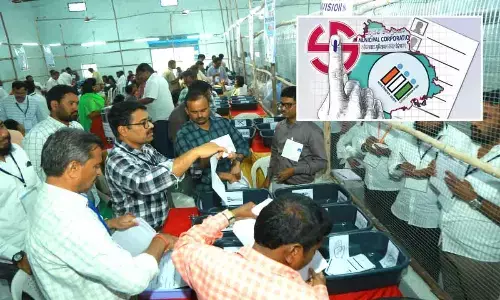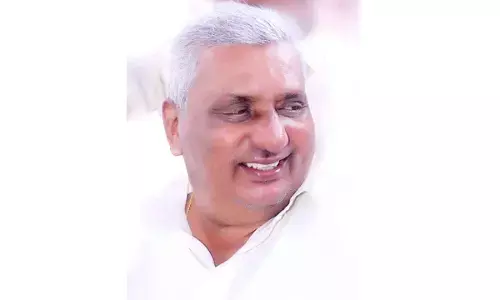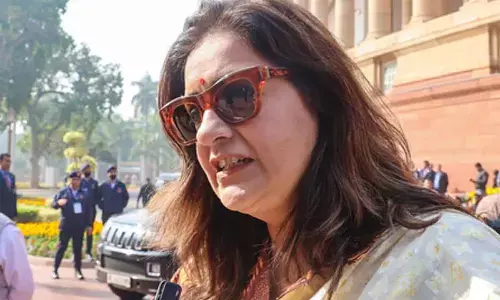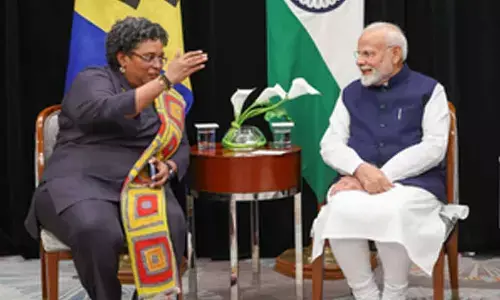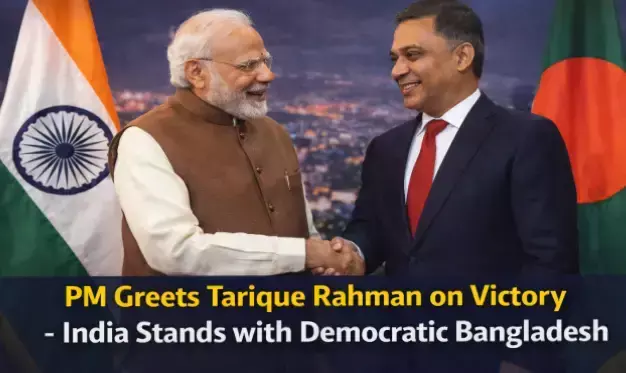Preparing global leaders of tomorrow: The New Education Policy
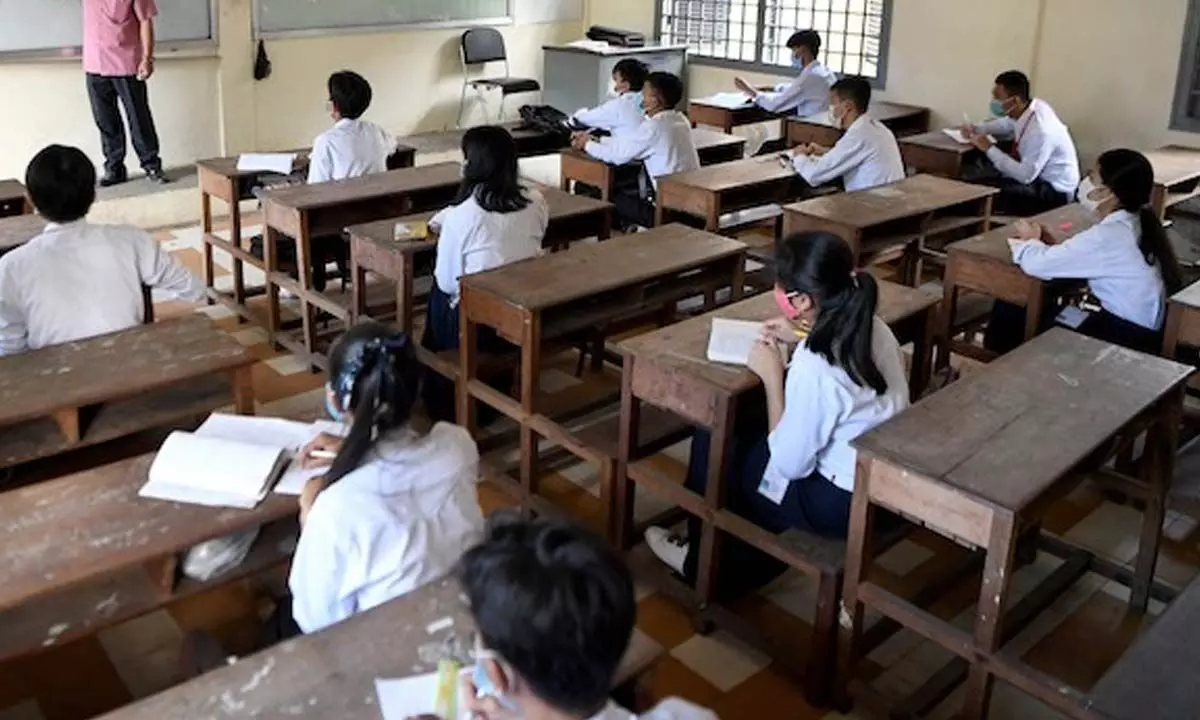
Education is crucial in moulding individuals into responsible and engaged global citizens. In today's interconnected world, it has become essential to promote global citizenship education in order to address the challenges and opportunities posed by the swiftly evolving global landscape.
Education is crucial in moulding individuals into responsible and engaged global citizens. In today's interconnected world, it has become essential to promote global citizenship education in order to address the challenges and opportunities posed by the swiftly evolving global landscape. Recognising this need, the New Education Policy 2023 embraces internationalisation as a critical component for promoting education in global citizenship. By incorporating international perspectives, cultural exchange, and global consciousness into the educational framework, the policy seeks to empower students to become engaged and compassionate global citizens.
Embracing diversity is intrinsic to the NEP
The New Education Policy 2023 recognises the significance of embracing diversity as a fundamental component of education for global citizenship. Educational institutions can provide students with opportunities to engage with diverse cultures, languages, and perspectives by nurturing a multicultural approach. This exposure broadens their horizons and instills empathy, tolerance, and respect for cultural differences. Students can develop a profound appreciation for diversity and positively contribute to a pluralistic society through inclusive curricula, cultural exchange programmes, and collaborative projects.
A global worldview
In a world that is becoming increasingly interconnected, it is crucial to empower students with a comprehensive understanding of urgent global issues that transcend borders and impact the collective well-being of humanity. Global citizenship education, as emphasized by the New Education Policy 2023, recognises the importance of integrating these issues into the curriculum, thereby equipping students with the knowledge and tools necessary to address issues such as climate change, poverty, inequality, and human rights violations.
Educational institutions can cultivate critical thinking skills, collaboration skills and a holistic comprehension of these complex issues by adopting an interdisciplinary approach. Instead of isolating subjects, this approach encourages students to investigate the interconnectedness of various disciplines, allowing them to comprehend the complexity of global challenges. Through the lenses of environmental science, economics, sociology, and political science, students gain a comprehensive comprehension of how these problems manifest, their root causes, and potential solutions.
Cultivating Intercultural Competence: Communication and collaboration
The art of skillfully navigating the intricate tapestry of cultural diversity is an essential trait for those who aspire to be true global citizens. The ability to communicate and collaborate harmoniously across the rich mosaic of cultures is not merely desirable, but rather an indispensable attribute in today's interconnected world. The New Education Policy of 2023 places a paramount emphasis on the refinement of intercultural competence, achieved through the art of language acquisition, the mastery of cross-cultural communication, and the orchestration of international collaborative endeavors.
Through the cultivation of meaningful connections with peers hailing from diverse backgrounds, students elevate their capacity to embrace a variety of perspectives, gracefully traverse cultural disparities, and harmoniously collaborate towards shared aspirations. These exceptional abilities not only equip individuals for the challenges of an increasingly interconnected world, but also cultivate a profound sense of unity and interdependence among nations.
Encouraging global experiences: study abroad and exchange programmes
The New Education Policy (NEP) promotes the concept of dual degrees and twinning programmes, in addition to making India itself a study abroad destination. It is often been emphasised that promoting study abroad and exchange programmes is integral to promoting international understanding and world peace as this is a transformational student experience.
These opportunities enable students to immerse themselves in various cultures, improve their language abilities, and cultivate a global perspective. By engaging with host communities and experiencing the challenges and triumphs of diverse societies firsthand, students broaden their perspectives and cultivate a sense of responsibility regarding global issues. Such experiences foster empathy, adaptability, and resiliency, empowering students to become effective global leaders and advocates for positive change.
NEP 2023: Opening a gamut of global possibilities
In an increasingly interconnected world, global citizenship education is crucial for nurturing responsible and active global citizens. The New Education Policy 2023 recognizes the significance of internationalization in education and proposes a comprehensive framework to promote global citizenship education. By embracing diversity, fostering global awareness, cultivating intercultural competence, and encouraging global experiences, the policy aims to equip learners with the knowledge, skills, and values needed to address the complex challenges of the 21st century.
It is imperative for educational institutions, policymakers, and stakeholders to collaborate and implement these initiatives to create a more inclusive, empathetic, and sustainable future. Let us seize this opportunity to empower our students and inspire a generation of global citizens who can shape a better world for all. Together, we can build a future that celebrates our shared humanity, encourages peaceful co-existence and embraces the power of global solidarity.
(The author is the Headmaster, The Lawrence School, Sanawar)


